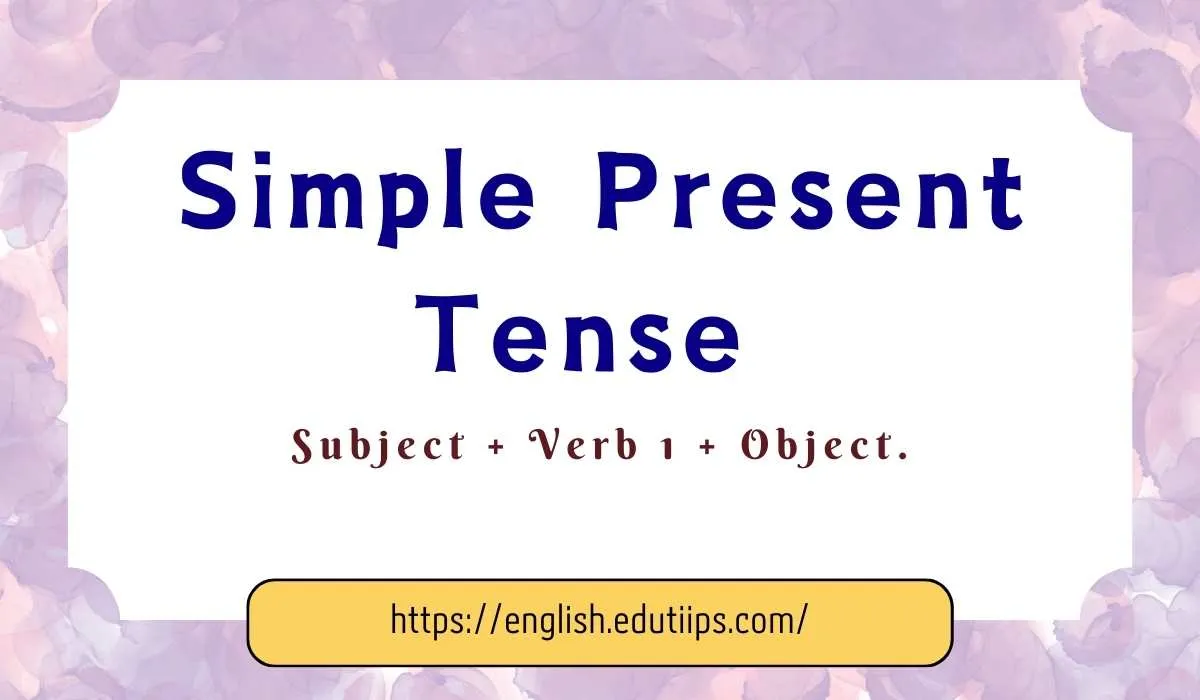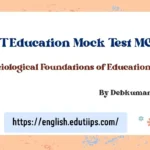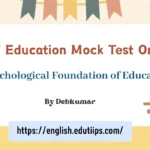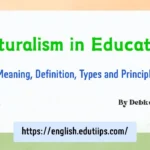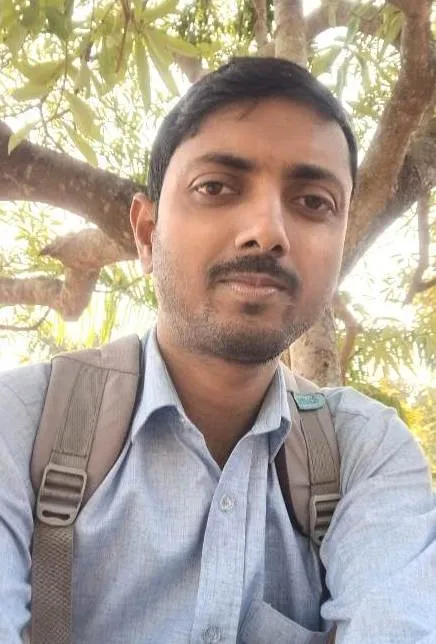The Simple Present Tense is one of the types of tenses. In general, a habitual action or everyday event is called Simple Present Tense.
Definition of Simple Present Tense
The Simple Present Tense describes things that are always true or situations that exist now. It’s used to talk about things in general, denote scientific facts, universal truths and work done on daily basis.
The Simple Present Tense is also known as the Indefinite Present tense.
We used the Simple Present Tense with words or phrases like ‘always’, ‘sometimes’, ‘often’, ‘never’, ‘frequently’, ‘every day’, ‘every week’, (and any other word starting with ‘every’), ‘once/twice a week/day/month’, etc.
Use Simple Present Tense
The Simple Present Tense is used –
(1)To express a habitual action; as,
He drinks tea every morning.
I get up every day at five o’clock.
My watch keeps good time.
(2) To express general truths; as,
The sun rises in the east.
The earth goes around the sun.
Honey is sweet.
Fortune favors the brave.
(3) In exclamatory sentences beginning with here and there to express what is taking place in the present; as,
Here comes the bus!
There she goes!
(4) In a vivid narrative, as a substitute for the Simple Past; as,
Ram now rushes forward and deals a heavy blow to Rustam.
Immediately the Sultan hurries to his capital.
(5) To express a future event that is part of a fixed timetable or fixed programme,
The next flight is at 7.00 tomorrow morning.
The match starts at 9 o’clock.
The train leaves at 5.20.
When does the coffee house reopen?
Simple Present Tense Formula
The Simple Present Tense Structure or Formula is mentioned in the table below –
| Type | Simple Present Tense | Example |
| Structure | Subject + Verb 1 + Object | Keywords – General Truths, Habits and Planned Events Soon |
| Affirmative / Positive Sentence | Subject + Verb 1 + Object | I go to school. |
| Negative Sentence | Subject + do not / does not + Verb 1 + Object | I do not go to school. |
| Interrogative Sentence | WH + do / does + Subject + Verb 1 + Object | Do you go to school? |
| N.B.= ‘Be’ verb | Am / is / are | Ravi is a good boy. or I am not. |
Example Simple Present Tense
The Example Simple Present Tense i.e. Affirmative / Positive Sentence, Negative Sentence and Interrogative Sentence is mentioned below –
1. Affirmative Sentence
| Affirmative / Positive Sentence Structure | Subject + Verb + Object + Rest |
** When the subject is 3rd Person Singular (i.e. He / She / It) the verb ends in -s or -es. i.e.
i) The Students go to school.
ii) He draws a picture.
iii) Neha sings well.
iv) He goes home.
v) Cristiano Ronaldo goes to school.
vi) Cristiano Ronaldo plays football.
vii) Cristiano Ronaldo loves football.
Remember –
I work. but He Works.
They teach. but My sister teaches.
*** If a sentence does not have a main verb, am/is/are is used as a ‘be verb‘.
Example – Ravi is a good boy.
2. Negative Sentence
| Negative Sentence Structure | Subject + do not / does not + Verb + Object |
i) Rabindranath Tagore does not go to the school.
ii) I do not make naughtiness.
iii) He does not come here daily.
iv) Rice does not / doesn’t grow in Britain.
v) Jane doesn’t drink tes very often.
vi) I do not go.
vii) They do not play.
Remember –
* Do not = Don’t
** Does not = Doesn’t
3. Interrogative Sentence
| Interrogative Sentence Structure | WH + do / does + Subject + Verb + Object |
i) Do you speak English?
ii) Do I know you?
iii) Does Anil play cricket?
iv) Where do you come from?
v) Does she write a letter?
vi) Does he read a book?
vii) When does he go to school?
viii) Do I give you a pen?
ix) How many pencils do they want?
x) Does your mother love you?
Exercise Simple Present Tense
Exercises – 1 Complete the sentences using one of the following –
i) Anna ……………… German very well.
ii) I never …………… coffee.
iii) Neha …………. well.
iv) He goes home.
v) He ……………. a picture.
vi) She never …………… lies.
Option – goes, speaks, drinks, sings, draws, tells.
Exercises -2 Put the verb in brackets
i) He sometimes (go) to see his uncle
ii) She (write) a letter every day.
iii) She often (sleep) in her armchair.
iv) I (be) a student.
v) He (speak) English well.
Exercises –3 Fill in the blanks with the verbs given in the bracket (make changes if needed) –
i) Ram usually……………..up at 4 a.m. (get)
ii) They often……………..to the movies. (go)
iii) The sun……………..in the west. (set)
iv) Every mother……………..her children affectionately. (love)
v) Neraj……………..games regularly in the morning. (play)
vi) He……………..milk before going to bed. (take)
vii) Those who………always succeed. (try)
viii) Birds usually……………..nests in the trees. (make)
ix) The Prime Minister……………..to our town on Thursday next. (come)
x) Lotus always ……… in mud. (bloom)
xi) Two and two ………. four. (make)
References
- M. Raymond, Advanced English Grammar (2nd Edition), Cambridge University Press.
- Example simple present tense sentences
- Simple present tense sentence
- Internet sources
Q – Formula for simple present tense
Ans. – The formula for simple present tense is Subject + Verb 1 + Object.
Q – Simple present tense examples
Ans. – Simple present tense examples are –
i) She writes a letter.
ii) She does not write a letter.
iii) I play football every weekend.
Q – The simple present tense rule
Ans. – The simple present tense rule is Subject + Verb 1 + Object.
Q – Example of present indefinite tense
Ans. – Example of present indefinite tense –
i) He swims very well.
ii) She wants some new dresses.
iii) The little girl sings prettily.
More Post
- SLST Education Mock Test MCQ | Sociological Foundations of Education
- SLST Education Mock Test Online | Psychological Foundation of Education
- Philosophy of Naturalism in Education: Meaning, Definition, Types and Principles

